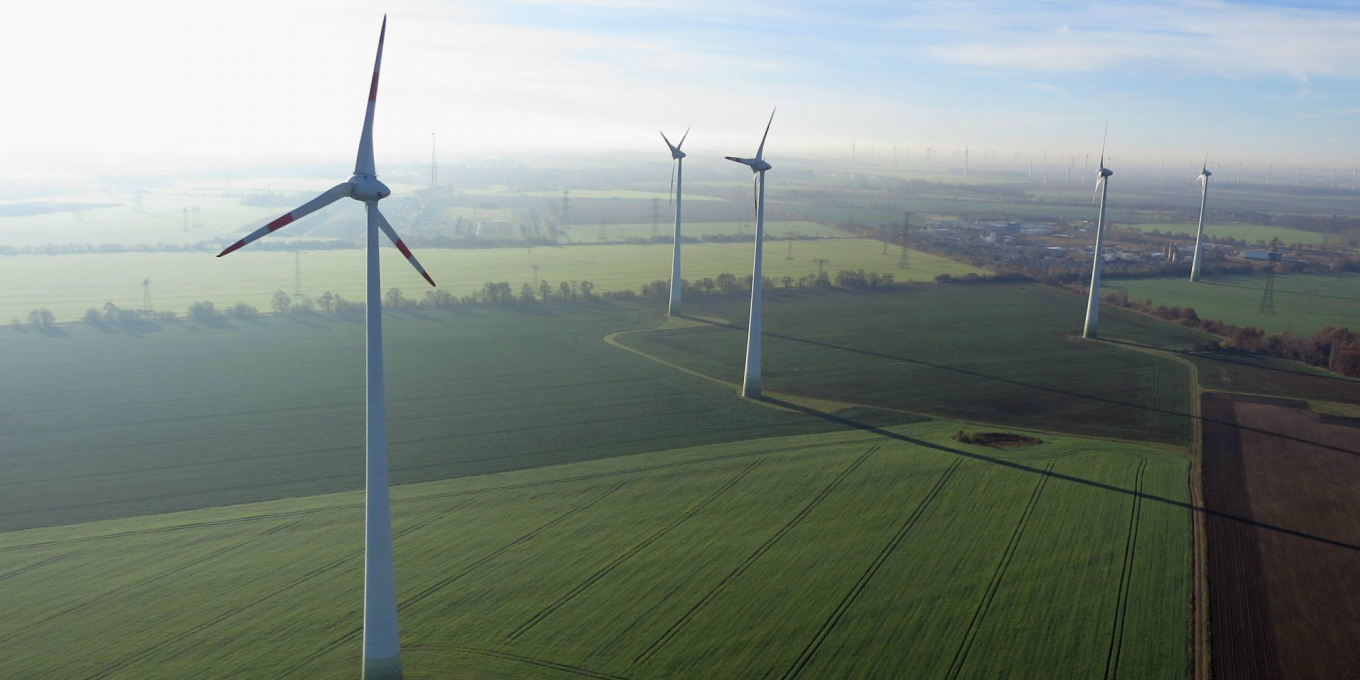
Our current economic system if it had its merits in the past, is now dangerously spiralling into a dead end. Inequality keeps rising even within the borders of the so-called advanced economies and the unattainable difference between these and the developing states seem impossible to tackle. Even if we haven’t fully recovered from the last big recession, there are news almost everyday about a possible next one. Whether if it happens or not, there is now an unstoppable truth: The Oil and Gas era has expired, the second industrial revolution has come to an end.
If the second industrial revolution is about to become a thing of the past, what is it that is coming next? Where is the society, and hence the economy, heading to? Are we coming back to darker times where countries were inclined to trade under protectionist policies and isolationism, or have we crossed the point of no return after the digital has conquered every aspect of the world economy?
According to Jeremy Rifkin, a social activist, economist, futurist and best-selling author technology and the development of a worldwide and beyond-borders Internet changed everything and it is about time that new appliances in the field of Internet of Things and Big Data step up to change the way we manufacture and commerce in the new upcoming world, the one he calls the Third Industrial Revolution. According to some, we have now entered the fourth industrial revolution. That one it characterized by a fusion of technologies that is blurring the lines between the physical, digital, and biological spheres. And in a certain way Rifkin was a pioneer, anticipating all these processes 1 decade before they happened.
In a documentary, published by the online magazine Singularity, he highlighted the basic pillars of the third revolution, and how technology is shaping the way goods are produced and transported worldwide in an all-out inclusive connected world.
The three pivotal technologies that Jeremy Rifkin understands as the basis of this new economic system are:
An ultra-fast 5G communication internet, which will allow goods, services and communications to be sent, received and tracked at a pace never seen before, unfolding brand new ways of building companies as well as brand new tools for users to be part of the economic synergies.
A renewable energy internet, capable of decreasing the cost of the production of energy to all-time low schemes while keeping it environmentally friendly and renewable. This will be possible only if fossil fuels are once and for all removed from energy-production plants.
A driverless mobility internet in the shape of The Internet of Things, which will be embedded across the whole society and, moreover, the environment itself.
In the documentary, he actually focuses on the capital importance of the smart digital infrastructure that has been developed throughout recent times, emphasising how Artificial Intelligence and Big Data might be the game-changing technologies that will re-shape the upcoming world.
“With the Internet of Things infrastructure, Big Data and analytics can be used to develop algorithms that increase productivity and dramatically lower the marginal cost to near zero in the production and distribution of an increasing array of goods and services. Today, millions of people around the world are producing and sharing things like videos, music, contributions to Wikipedia, renewable energy, homes, and automobiles,” Jeremy Rifkin.
This 21st century features a smart digital infrastructure revolution, which is giving rise to a radical new ways of sharing and producing goods. By using digital technologies, users and entrepreneurs are joining up providing services and goods. They are called produsers ( both users and producers) and can be considered as yet another example of how we are currently moving towards a new economic system. Jeremy Rifkin is confident that the sharing economy is indeed transforming the way we manage, power and move economic life in ways never seen before. And we are just in the beginning of it.
“In the sharing economy, ownership gives way to access, sellers and buyers are replaced by providers and users, social capital becomes as important as market capital, consumerism is upended by sustainability, and quality of life indicators become more important than GDP. The sharing economy can become a circular economy in which goods and services are redistributed among multiple users, dramatically reducing society’s ecological footprint,” he said.
Moving towards an all inclusive sharing Economy is therefore really important particularly as a way to address climate change. It will be interesting to see what will be the role of blockchain, as the possible structure behind the all encompassing Internet of Things that Jeremy Rifkin so eloquently envisioned as being the main pillar of the economics of the future.

Hernaldo Turrillo is a writer and author specialised in innovation, AI, DLT, SMEs, trading, investing and new trends in technology and business. He has been working for ztudium group since 2017. He is the editor of openbusinesscouncil.org, tradersdna.com, hedgethink.com, and writes regularly for intelligenthq.com, socialmediacouncil.eu. Hernaldo was born in Spain and finally settled in London, United Kingdom, after a few years of personal growth. Hernaldo finished his Journalism bachelor degree in the University of Seville, Spain, and began working as reporter in the newspaper, Europa Sur, writing about Politics and Society. He also worked as community manager and marketing advisor in Los Barrios, Spain. Innovation, technology, politics and economy are his main interests, with special focus on new trends and ethical projects. He enjoys finding himself getting lost in words, explaining what he understands from the world and helping others. Besides a journalist, he is also a thinker and proactive in digital transformation strategies. Knowledge and ideas have no limits.












